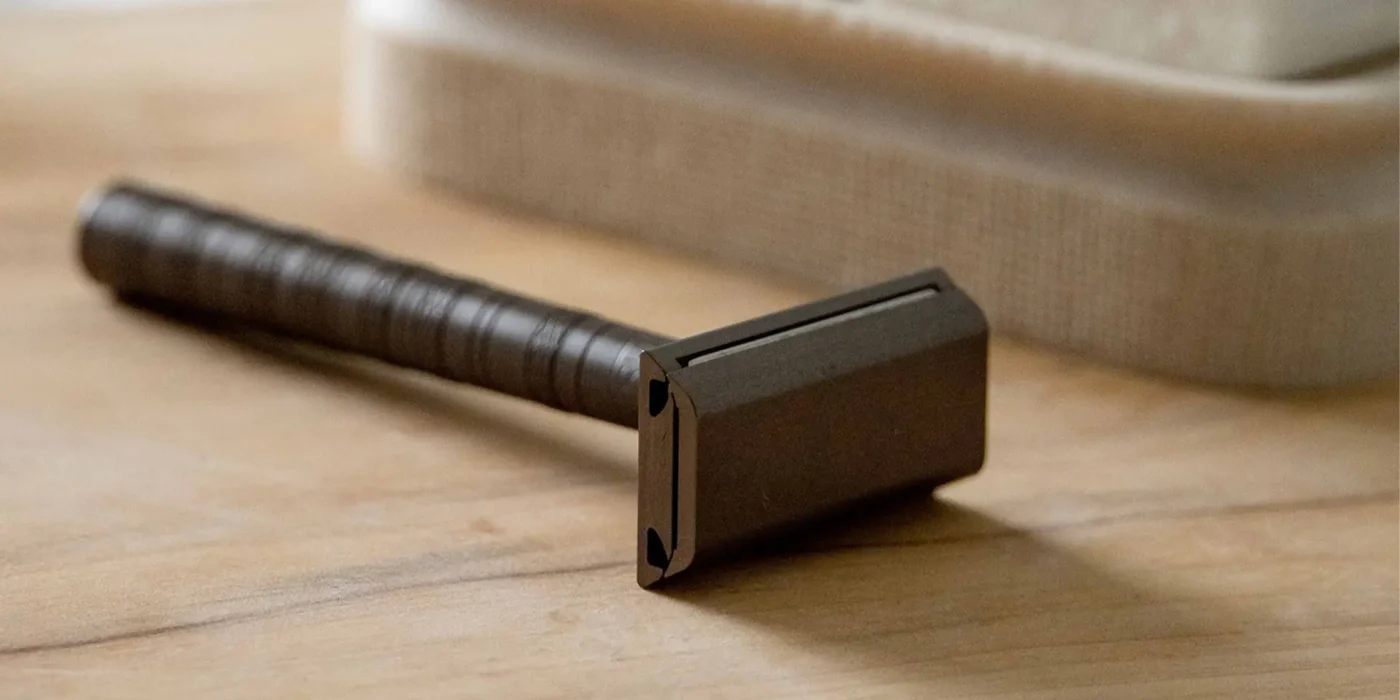When King Camp Gillette invented the first safety razor circa 1900, he probably knew he was onto a good thing. But would he have predicted his design – economical and effective – would still rule the world of shaving 120 years later? In a world of 2.0s, we expect constant iterations to blow old models out of the water. That’s not the case here.
Sure, we’ll acknowledge some more recent razor innovations: multi-blades, moisturising strips, exfoliating bars, vibrating handles, self-heating heads or swivelling balls… did we mention the extra blades? Struggling to reinvent the wheel? Well, you can always tinker around the edges.
Given all this, why do more men use a disposable cartridge razor over a safety razor? The invention of the two-part razor and blades model meant more profit for companies, with cheaper handles that could only be used with their blades, and they became ubiquitous. The more recent startup brands essentially offer the same system, but for less.
Upfront costs might make the safety razor look more expensive, however the real cost lies with the blades which means the venerable safety razor is, over time, a much savvier bet.
Why Should You Switch To A Safety Razor?
The case for the safety razor has never been greater – there’s the eco-guilt from all that plastic, and the hefty squeeze on our wallets that’s got us giving over-priced refills the side eye.
“Blades are more affordable long term with less plastic waste produced than a cartridge razor,” says Alex Glover, Head of Retail and Training for ADAM Grooming Atelier at Harrods. “Disposable razors are completely un-recyclable. To put this in perspective every single disposable razor you’ve ever used is now sat in landfill,” says Tom Yates, UK Director of Cut Throat Club, which stocks a wide variety of double edge safety razors, shavettes and cut throat razors.
As the default zero waste option, the safety razor is also king of the irritation free shave, doesn’t clog as easily as cartridges, and offers a ritual that a throwaway razor can never match.
What You Need To Know About Safety Razors
Safety razors were invented so that men could shave without the assistance of a barber, yet still carry a perception as riskier than cartridge razors. “A traditional safety razor is just as safe as a cartridge razor,” explains Tom. “The worst that can really happen with both razor types is you nick yourself, which is easier to do when you’re less experienced. A safety razor takes a little getting used to but it quickly becomes second nature.”
With varying features, safety razors offer a more custom shave, such as different handle lengths and thicknesses, light to heavier weight finishes, screw in or butterfly head mechanisms and closed or open combs.
Weight Or Length?
“The weight and handle length is more of a personal preference than having an impact on the actual shave,” says Tom. “A longer handle is helpful if using the razor to shave harder to reach areas, so if you’re only using it on your face the handle length doesn’t really matter.
“A more weighty razor tends to be the preference as it has a feeling of quality and means next to no pressure is required when shaving.”
Butterfly Head Or Screw In?
“Butterfly razors have a nice mechanism and don’t need to be separated into bits to add a new blade, which can be handy if you tend to be a bit clumsy before your first coffee,” explains Alex. “this type also has a little bit of control over the blade tension which can help with different qualities or thicknesses of stubble.”
“With a screw head razor you change the blade by taking the razor apart. By unscrewing the handle, you take the old blade out and replace with a new razor, then simply screw the parts back together. Both types of razors make it incredibly easy to replace the blades,” says Tom.
Closed Comb Or Open Comb?
The comb style dictates the aggressiveness of the shave. “Closed is more common and safer for beginners,” advises Alex.
“The flat bar under the razor provides even tension. Open has a comb style bar which allows closer shaving, so better for safety razor aficionados and those with very dense beards, but can be more tricky in inexperienced hands.”
How To Handle A Safety Razor
For the rookie, there’s a few things to consider when getting to grips with a safety razor. In terms of technique, “it’s important to maintain a 30-degree angle against the skin and to avoid putting any additional pressure on the razor, as just the weight of it alone is enough to cut hair,” says Tom.
“Skin tension must be considered. Try and combine stretching your neck with your head movements, and add in side stretches with your free hand,” advises Alex. “Whichever shaving cream you use needs to allow good razor glide, and consider safe approach of the blades in the direction of shaving to minimise the risk of sliding or catching other areas or facial features.
“Never wipe the razor with tissue as there can be sharp protrusions at the sides of the razor head. And take your time. Maybe don’t start your first safety razor shave on a Monday morning. Do it at the weekend when there’s less time pressure.”
Look After Your Blades
The more you care for the blades, the more use you can get from each one. “A single blade can probably be used at least twice, especially if just edging a beard,” says Alex. “Each blade also has two sides which further extends the lifespan.
“Ensure your razor is stored in dry conditions, ideally on a stand, to prevent the blade from dulling. And don’t forget to store used blades in a tin. You can get razor sharps tins online and these would need to be disposed of safely.”
How To Prepare For A Wet Shave
The best shaves are all in the preparation, so have everything you need to hand before you begin. “It’s a good idea to shave after a shower and use a pre softening product if your hair is coarse,” Alex recommends.
“Hot towels are ideal but not always practical. Lather should be fresh and wet and warm. Keep an eye on the balance of shaving soap and water – get that wrong and you create problems. The lather texture should slip between your fingers. If bubbles collapse it’s not soapy enough and won’t do its job. If it feels greasy it’s too soapy and will create razor drag.”
If you want to avoid shaving irritation, it pays to prep.
Expert Recommended Safety Razors
Your chin hairs will be in even safer hands when you pick a reliable name. Edwin Jagger, Gillette, Mühle, Merkur, Parker and Henson are some of the best brands in safety razors. “If you’re just starting out then I’d recommend opting for a cheaper safety razor to see if the shaving technique is for you. If it is, then like most of the community, you’ll likely want to upgrade to one of the more established brands,” explains Tom.
“Best thing to do is visit a shop which sells a wide variety of brands and have a hold to feel the weight,” Alex advises. “Like a good pen or a dart, you’ll know when the weight feels right in your hand.”
Henson AL13 Razor
Made in Canada in the same factory that machines satellite components, the Henson AL13 is a truly precision instrument. The Henson head design is notable for two reasons: the blade is fixed at the 30-degree angle; and it extends at precisely 33 microns, the width of the average human hair. This eliminates the work of finding the right angle, so you can be extra confident you’re getting a super-close shave with minimal risk of nicks, and you can flash your personal style with uncommon colour choices such as tan, steel blue and copper.
All of which has garnered this razor 4,551 five star reviews.
Edwin Jagger DE89 Long DE Safety Razor
A solid choice to suit meatier paws, this hand polished, chrome plated Edwin Jagger razor has a longer, lined handle and is made in Sheffield.
With a closed comb it takes a lighter touch than you might expect. Just take care not to drop it too often, as happy reviewers point out, it’s not entirely indestructible.
Merkur 34c
With it’s shorter, thicker and knurled handle the Merkur 34c is made from chrome and polished steel. It has an overall heftier feel and feels solid in the hand with a good grip. The head and closed comb screw tightly into the mechanism and the ridged tip at the end gives weight to the balance.
“[The] Merkur brand has been around for over 100 years,” says Tom. “It’s a little more on the premium side and is a common choice with our customers, both beginners and the more experienced shaver.”
Roche R1
A good starter razor with an interesting finish is the Roche R1 in gun metal grey. This handsome razor has a longer handle than the Merkur, looks pricier than it is and gives good performance.
“This is a cheaper alternative that is also good quality. We’ve had good feedback from this razor and comes in quite a bit cheaper than other brands,” says Tom.
ADAM Grooming Atelier Safety Razor
With strong roots in Turkish barbering tradition, the master barbers at ADAM use their own safety razor for all wet shave treatments. This stylish razor has a closed comb and a handle crafted from dark ironwood. Perfectly balanced, it fits snugly into the hand for secure strokes.
Feather AS-D2
Ready to invest? Go for the Feather. “This is a renowned razor in the shaving enthusiast space and gets glowing reviews across the internet. It’s quite an expensive razor so it’s probably not the first choice for someone just starting out due to the high cost,” says Tom.
Made from 100% stainless steel, with a weighted head, the impeccable textured grip is aesthetically pleasing as well as super practical.
Mühle R41 Chrome DE Razor
Generally, but not exclusively for the more experienced shaver, the Mühle R41 uses a screw in mechanism. The open comb gives a more aggressive shave which works well for thicker, coarser stubble types and stronger beard growth, sensitive skin and those who don’t shave every day.
The weight of the head does most of the work for you, so approach with a lighter touch.
King C. Gillette Double Edge Razor
Attainable on most budgets, the King C. Gillette safety razor harks back to the original model. It comes with Gillette’s own blades, but you can replace them with any brand.
Using a screw in mechanism, this platinum coated, stainless steel razor is great for edging, sideburns and beard lines. It feels nice and weighty, and gives a close, comfortable shave. A longer grip would be a welcome addition.







